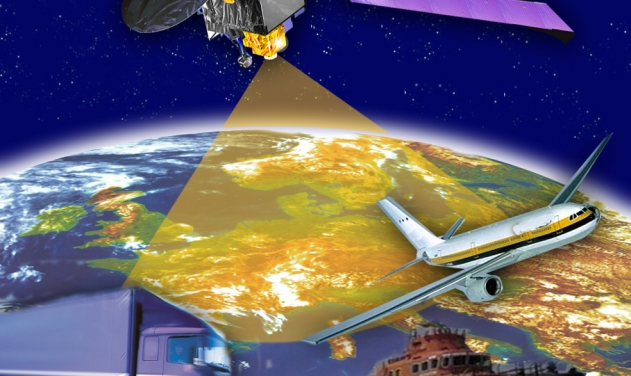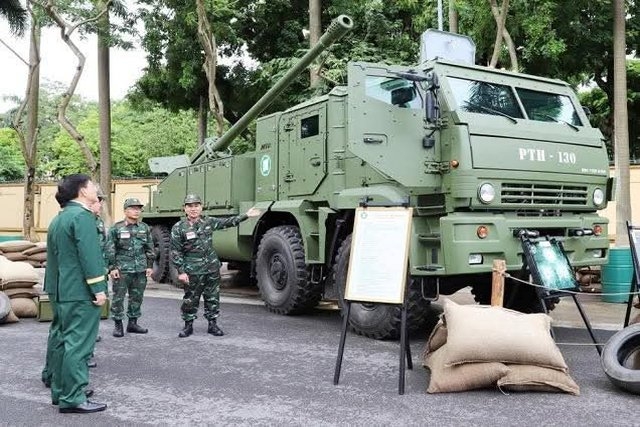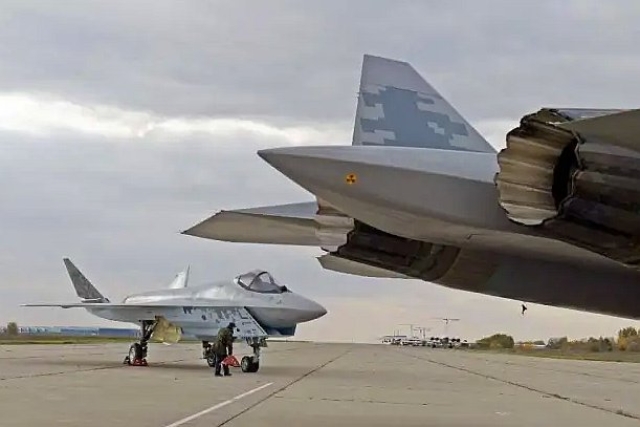BEL, Textron Sign MoU For MicroObserver Sensor System
Bharat Electronics Limited (BEL) and Textron Systems today signed a memorandum of understanding (MoU) to supply Textron’s MicroObserver Unattended Ground Sensor (UGS) system to Indian security agencies.
The MicroObserver UGS system brings a new level of covertness, ease of use and performance for border security, surveillance and critical infrastructure protection missions. Textron Systems reports that its MicroObserver system has been fielded around the world in support of these applications.
“We’re looking forward to working with BEL to bring this critical surveillance system to Indian government agencies that will benefit from its wide range of proven capabilities,” explained Ian Walsh, Textron Defense Systems’ senior vice president and general manager.
“Bharat Electronics Limited expects the benefits of this system to filter down to various agencies responsible for the management of the Indian borders, thus fulfilling our overall objective of bringing in cutting-edge technologies to India,” said BEL Director of Marketing P. C. Jain.
Rather than showing just a single detection alarm, the MicroObserver UGS system provides actionable intelligence by displaying the position, direction and speed of personnel and vehicle threats, making it easier for border management agencies to locate, identify and intercept them. Identification of targets is possible with imaging sensors that are triggered by sensor detections. These utilize proven target detection algorithms, and generate multiple images that appear as video. It also utilizes advanced tracking and seismic detection technology to significantly reduce false alarms over existing ground sensors.
With a self-forming, self-healing network, the MicroObserver UGS system automatically self-locates, using its embedded GPS capability, and can be deployed in a matter of minutes, even in cover of darkness. This, along with sensor nodes that deliver a long mission life, significantly reduces the amount of time that border security forces need to spend deploying and maintaining the network, creating a cost-effective solution that requires minimal pre-deployment training.









